
Can You Take an Electric Scooter on a Train or Bus UK? (Your Travel Guide)
Electric scooters are booming in popularity across the UK, offering a fun and eco-friendly way to zip around towns and cities. If you own one, you might be wondering: Can you take an electric scooter on a train in the UK? What about on a bus or other public transport? These are important questions for any e-scooter rider who commutes or travels longer distances. In this guide, we’ll dive into the latest rules and regulations for bringing electric scooters on UK trains and buses. By reading on, you’ll learn what’s allowed, what’s not, and how to travel hassle-free with your e-scooter (or e-bike) while staying within the law. Let’s get started!
Can You Take an Electric Scooter on a Train UK?
In the UK, most train companies do not allow you to take an electric scooter on trains. Over the past couple of years, nearly all major rail operators – from Northern Rail to LNER and others – have banned e-scooters on trains due to safety concerns. The primary issue is the risk of lithium-ion batteries catching fire, which has happened in some instances. Train operators consider this risk unacceptable in the confined space of a train carriage.
What does this mean for you as a rider? If you try to bring a private e-scooter onto a UK train, staff will likely stop you from boarding. The ban isn’t just on riding the scooter (which is obviously not allowed on a train) – it’s on carrying the device itself, even when folded. For example, Northern Railway explicitly states that e-scooters and similar powered transport devices are not permitted on their trains or stations. Many other train companies have issued similar rules in 2022 and 2023, often following high-profile battery fire incidents.
Can You Take an Electric Scooter on a Bus UK?
Like the trains, buses in the UK have also clamped down on electric scooters. Most bus operators now ban e-scooters on board for the same reason - the potential danger posed by the batteries. For instance, Stagecoach (one of the UK’s largest bus companies) updated its policy to prohibit e-scooters on all its buses as of 25th September 2023. Other local bus services, such as Brighton & Hove Buses, introduced bans even earlier
And if you’re in London, Transport for London (TfL) has a blanket ban on carrying e-scooters on any TfL bus or Underground service. This TfL ban came after some e-scooter fires on the Tube network, and it covers all private e-scooters and e-unicycles – you can’t bring them on a London bus, Tube, Overground, or train at all.
Before planning your trip, verify bus company policies online. Generally, this means you cannot take your electric scooter on the bus in most of the UK. If you try to board a bus with one, the driver or other staff will likely stop you. Even if your e-scooter is folded and not in use, the policies still apply. Buses have limited space, and any potential fire is a serious risk to passengers in a small, enclosed area. So, bus companies aren’t taking chances.
Can I Take My Electric Bike on the Train in the UK?
Yes – if it’s a legal electric bike, you generally can take it on UK trains. Electric bikes (e-bikes) are treated much like regular bicycles, as long as they meet the EAPC (Electrically Assisted Pedal Cycles) criteria. An EAPC-compliant e-bike is one that has pedals, a motor power of 250W or less, and a top assisted speed of 15.5 mph. These e-bikes are legal to use on UK roads and thus allowed on trains in the same way as a normal push-bike is.
Train companies specifically exempt e-bikes from the e-scooter bans. For example, South Western Railway (SWR) made it clear that electric bicycles are not covered by their e-scooter ban and are permitted, because they are “legal to use in the UK and are regulated to a legal standard”. The logic is that e-bikes have to adhere to safety and design regulations, so they’re considered safer. Plus, an e-bike’s battery is usually well-integrated into a larger frame, and e-bikes haven’t had the same level of fire incidents as e-scooters.
That said, if you plan to take your electric bike on a train, you should follow the normal bicycle rules: use the designated bike storage areas on the train, and avoid bringing bikes (electric or not) on during peak travel times if your route has restrictions. Never attempt to charge your e-bike’s battery on the train – that is not allowed, and for good reason.
Why Are E-Scooters Banned on Trains but Not E-Bikes?
It might seem unfair that e-scooters get banned while e-bikes are waved through. The difference comes down to safety and legal regulation. The short answer is: e-scooters are seen as riskier and less regulated than e-bikes. Here’s why:
-
Fire Risk: E-scooters (and similar devices like hoverboards) have been linked to more battery fires. Many e-scooters on the market use cheap or untested lithium batteries. If these batteries overheat or are damaged, they can go into “thermal runaway” and cause a fierce fire that’s very hard to extinguish. Train operators worry that if an e-scooter’s battery ignited on a packed train, it could be catastrophic. E-bikes, on the other hand, have larger, better-regulated batteries. While e-bike fires can also happen, the instances have been fewer, and the e-bike industry adheres to standards that many e-scooter manufacturers do not.
-
Regulation and Legality: E-bikes are recognized as a legitimate form of transport in the UK. As long as an e-bike meets the EAPC requirements, it’s legally a bicycle. E-scooters, however, currently exist in a legal grey area for use – private e-scooters cannot be used on public roads (more on that later), and there’s no official construction standard that all e-scooters must meet yet. Train companies trust e-bikes because they’re legal and have to meet certain specs; they don’t trust e-scooters because anyone could be bringing any kind of device on board.
-
Use Case and History: Rail operators have long experience accommodating traditional bicycles, including adding bike spaces on newer trains. E-scooters arrived suddenly and rose in popularity very quickly. The transport network wasn’t prepared, and after seeing some alarming incidents, the reaction was to ban first and ask questions later. Many in the industry are waiting for clearer government regulations or safety certifications for e-scooters. In the future, if e-scooters become regulated (for example, requiring proven safe batteries), policies might be revisited. But as of now, e-scooters are viewed as a high-risk item, whereas e-bikes are viewed as a known quantity.
What Powered Transport is Allowed or Not Allowed On Board?
With all these new rules, it can get confusing what you can or can’t bring on public transport. Let’s break it down clearly for trains (and this generally applies to buses too):
Allowed on Board:
-
Bicycles and E-Bikes (EAPC compliant): You can bring pedal bikes and legal electric bikes on most trains. Just follow any bicycle policies (like using designated bike areas and off-peak times). Folding bikes are usually allowed at any time. E-bikes are okay as long as they meet the legal criteria (and you’re not charging them en route).
-
Mobility Scooters and Wheelchairs: Mobility aids used by disabled passengers are allowed. Every train company makes exceptions for these, often with guidelines on size/weight. Some rail services have a permit system for mobility scooters, so check in advance. But if you rely on a mobility scooter or electric wheelchair, you will be accommodated – the e-scooter ban does not apply to these essential devices.
Not Allowed on Board:
-
E-Scooters (Electric Scooters): As discussed, these are banned on almost all trains and buses in the UK at this time. Whether folded or not, you cannot bring them on board. The only potential exception might be hiring a rental e-scooter after you get off the train (some train stations in trial cities have rental e-scooter docks nearby). But your own scooter has to stay off the train.
-
Hoverboards and E-Unicycles: These self-balancing devices fall in the same category as e-scooters. They have been explicitly banned by many operators (often mentioned alongside e-scooters in policies). So you can’t bring your hoverboard or solo wheel on public transport either.
-
Powered Skateboards and OneWheels: Again, anything with a lithium battery that you ride on (but that isn’t a mobility aid) is likely disallowed. Even if it’s compact, the fire concern is there. Assume no electric skateboards or similar gadgets on trains and buses.
-
Segways or Personal Transporters: Segway-style transporters had a brief fad and are generally too large for transit anyway. These are not allowed on trains/buses (and in fact are illegal on pavements/roads in the UK, much like e-scooters).
-
Petrol-Fueled Devices: Just in case you were curious, no gas-powered mini-scooters, mini motorbikes, or mopeds are allowed on trains or buses either. They also would be a safety hazard and typically not allowed as luggage for obvious reasons, like fuel and size.
In summary, the only “powered transports” you can bring on public transport are those that are explicitly permitted: mainly e-bikes (and mobility aids). Everything else – e-scooters, boards, unicycles, etc. – is on the not allowed list. If you’re ever unsure, it’s best to check the specific travel operator’s guidelines before you set off. But the rules have become quite standardized across the country now.
Frequently Asked Questions
Let’s address a few frequently asked questions related to traveling with electric scooters and the law in the UK:
Can I travel with an electric scooter?
It depends on how you’re traveling. If you’re driving a car, you can certainly carry your electric scooter in the boot with no issues. However, if you’re using public transport, as we’ve detailed above, you generally cannot take an e-scooter onto trains or buses in the UK right now. Airlines also largely ban e-scooters (because the batteries usually exceed the allowed size and are considered a fire hazard in the air). So, for long-distance travel, your e-scooter may have to stay at home. You can ride your scooter to the train station or bus stop, but you’ll need to arrange storage (like locking it up, if there are facilities, or having someone pick it up).
Can you legally ride an electric scooter in the UK?
As of 2025, privately owned electric scooters are still illegal to ride on UK public roads, cycle lanes, and pavements. Riding privately-owned scooters publicly risks fines or confiscation. This legal situation might change in the future – the government has indicated support for creating a new class of “powered light vehicles” – but currently, the law hasn’t been updated yet. Many people are surprised by this, but it’s the reason you might have heard of police confiscating scooters or issuing fines. (For a deeper dive into where you can and can’t ride, see our blog post Where Can You Ride an Electric Scooter?
What happens if you get caught with an electric scooter?
This can mean two things: caught riding one illegally, or caught carrying one where you shouldn’t. If you’re caught riding an e-scooter on public roads illegally, the consequences can be serious. Police have the power to seize your scooter on the spot. You could face a fine (typically up to £300) and even get points on your driving licence (up to 6 points for riding without insurance, since a scooter is treated as a motor vehicle in law). Thousands of scooters have been taken off riders by police in the past couple of years in cities like London.
If you’re caught with an e-scooter on a train or bus (where they’re banned), the scenario is a bit different. You’re not breaking road traffic law, but you’d be violating the transport operator’s conditions of carriage. In most cases, staff will simply refuse to let you board the scooter. If somehow you got on and were then found with it, you could be asked to leave the service at the next stop. Repeated refusals might be treated as a trespassing or safety issue, but generally it won’t lead to a criminal charge – just a very inconvenient travel day and possibly the confiscation of your device for the duration of the journey. Always remember, these rules are in place for public safety, so it’s best to comply to avoid any trouble.
Alternative Transport Options
Electric scooters are a fantastic way to get around town, but they're essentially a no-go for trains and buses in the UK. Always plan ahead if you need to combine your e-scooter journey with other transport. You may opt for alternatives like folding e-bikes (which are allowed on trains and offer a similar eco-friendly commute – see our range of iScooter e-bikes for examples.
Given restrictions, consider alternatives:
-
Folding Electric Bikes: Practical for combined train journeys.
-
Rental E-Scooters: Legal options available in select cities.
Check local options to ensure compliance and convenience and keep an eye on future changes, though. The landscape is evolving, and with new regulations, we may eventually see e-scooters allowed on public transport if they meet certain safety standards. Until then, stay informed, travel safe, and ride legally!
Read More
Do You Need a Licence for an Electric Scooter
Can a 12 Year-Old Ride an Electric Scooter UK
How Fast Do Electric Scooters Go
How to Remove Speed Limiter on Electric Scooter
Where Can You Ride an Electric Scooter
Can I Take My Electric Scooter on a Bus or a Train UK
How to Make an Electric Scooter Faster
Product Comparison
Xiaomi Electric Scooter 4 Pro 2nd Gen
30 MPH Electric Scooter Under $500
Best Electric Scooter UK Under 300
iScooter E Scooter Collections:
Electric Scooter | Kids Electric Scooter | Electric Scooter for Adults | Electric Scooter with Seat | Off-Road Electric Scooter | Foldable Electric Scooter | Girls Electric Scooter | 1000W Electric Scooter | 2000W Electric Scooter | Boys Electric Scooter | Dual Motor Electric Scooter | Big Electric Scooter | Electric Scooter with Suspension | Lightweight Electric Scooter | Commuter E-Scooters | 3 Wheel Electric Scooter
Show more ▼iScooter E Bike Collections:
Foldable Electric Bike | Affordable Cheap Electric Bike | Electric Bike for Adults | Electric Motor Bikes | Trek Electric Bike | Fastest Electric Bike | Electric Road Bike | Full Suspension Electric Mountain Bike | Giant Electric Bike | Womens Ladies Electric Bike | Mens Electric Bike | Electric Bike with Throttle | Electric Gravel Bike | Electric Mountain Bike UK | Fat Tyre Electric Bike | Electric Hybrid Bike | Electric Motorised Bike | Electric Push Bike | 1000W Electric Bike | Cool Electric Bikes | Electric Off Road Bike | Pedal Assist Electric Bike | Good Electric Bikes | Small Electric Bike | Trek Electric Mountain Bike | 2000W Electric Bike | Full Suspension Electric Bike | Mini Electric Bike | Road Legal Electric Bike | Step Through Electric Bike
Show more ▼👍 Buying Guide | 🚴♂️ Riding Guide
📋 Feature Guide | ❓ Common problem
Product category
Electric Scooter
Cheap Electric Scooters for Adults | Fastest Electric Scooter | Kids Electric Scooter | Mini Electric Scooter
































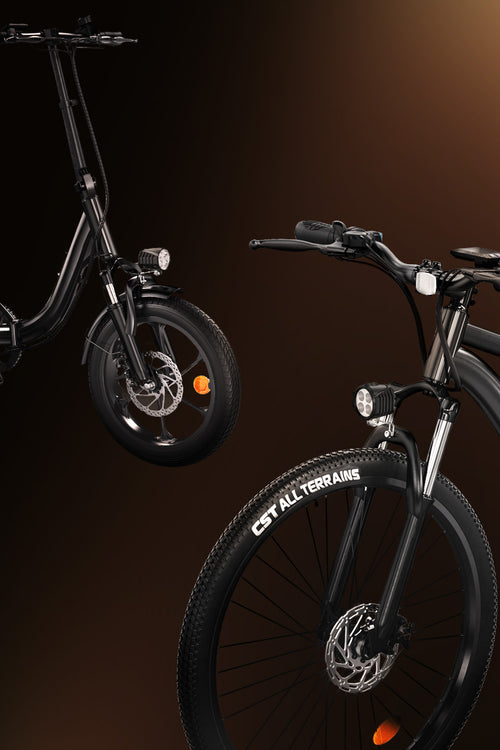
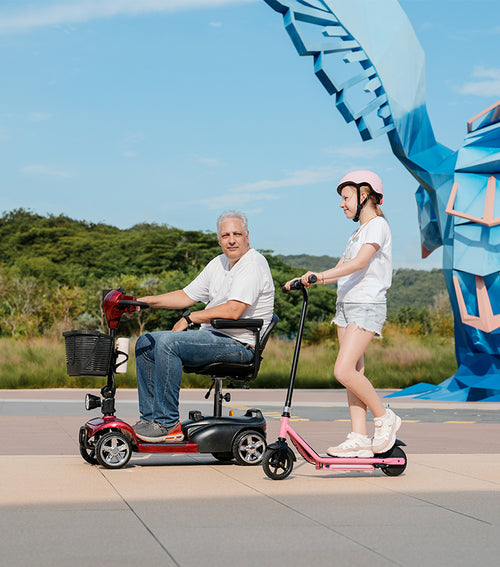








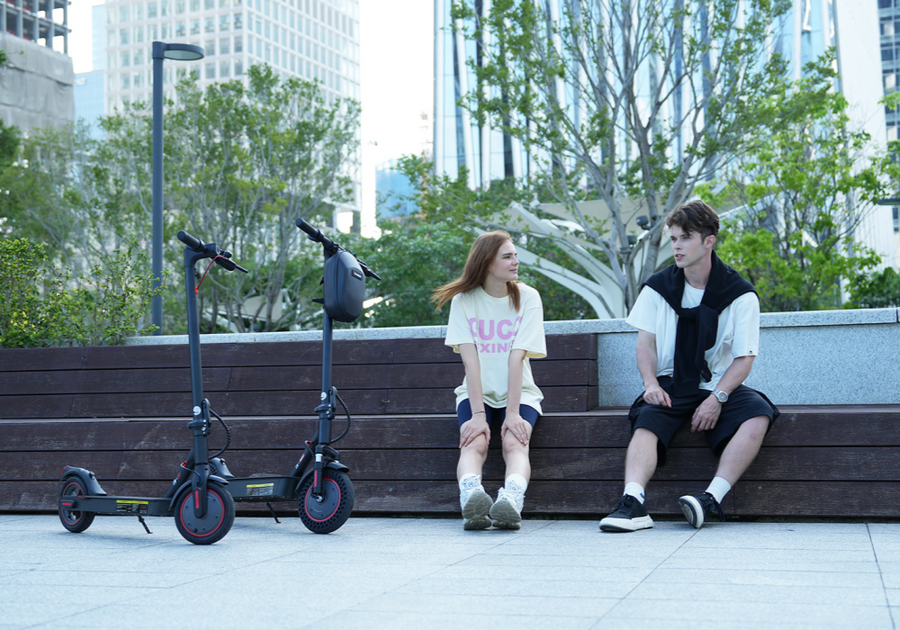
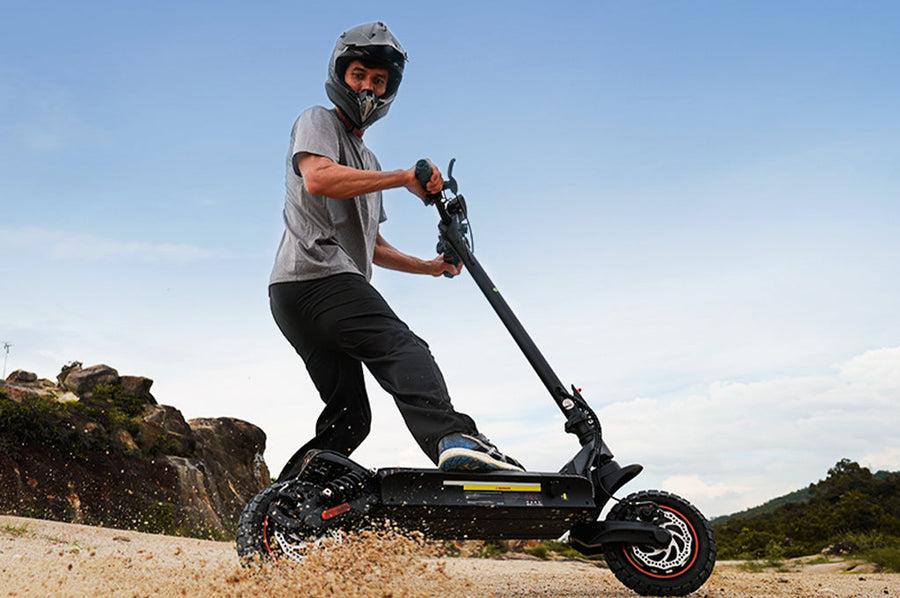



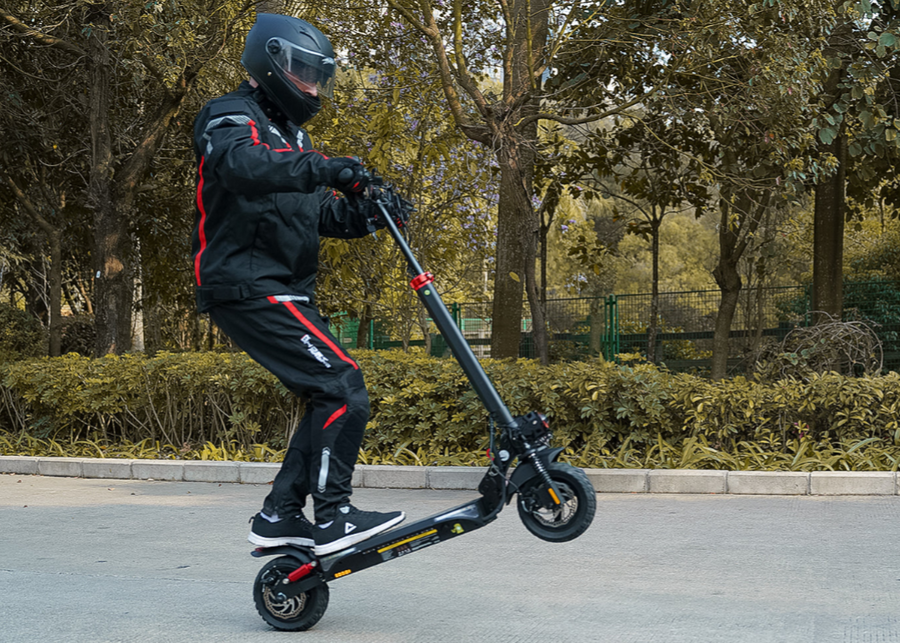

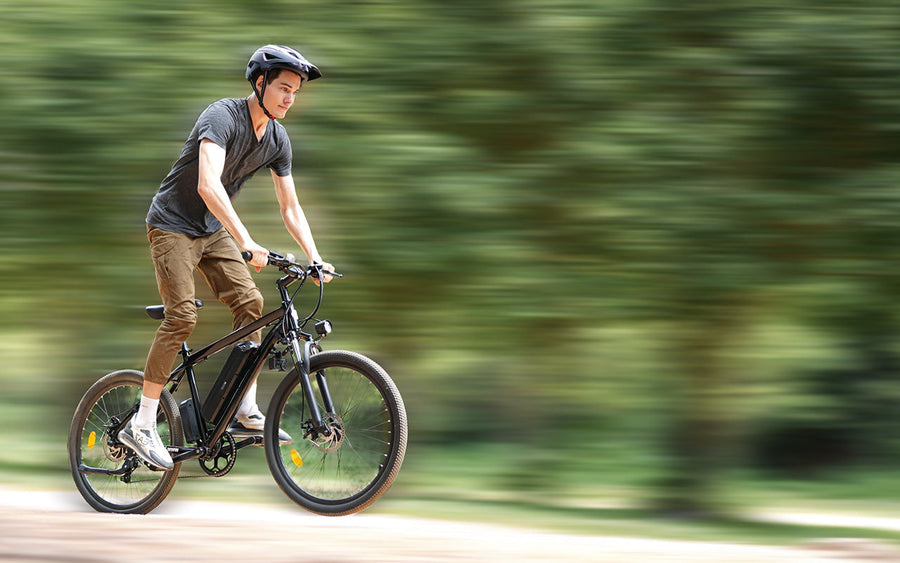
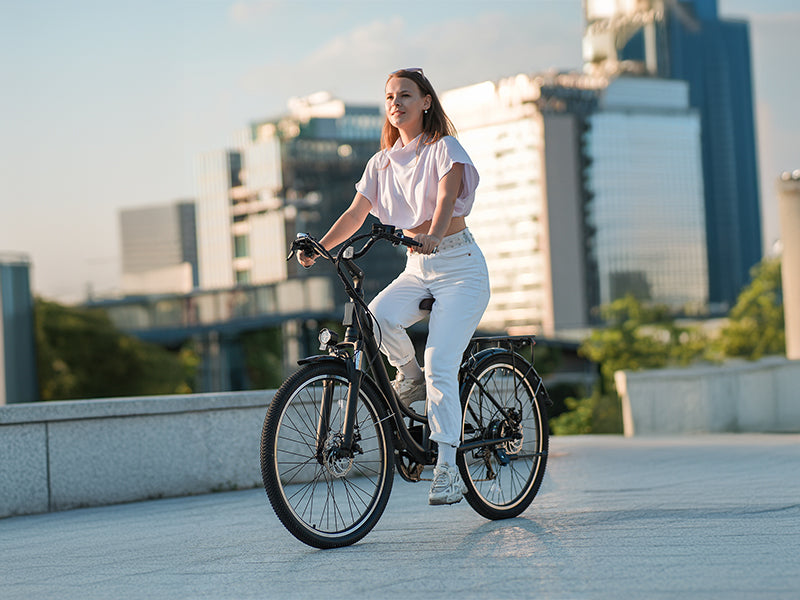
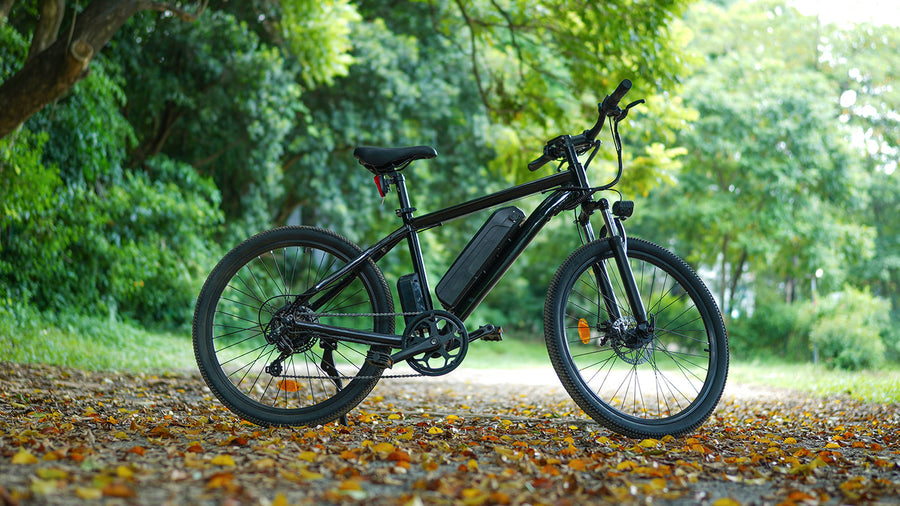
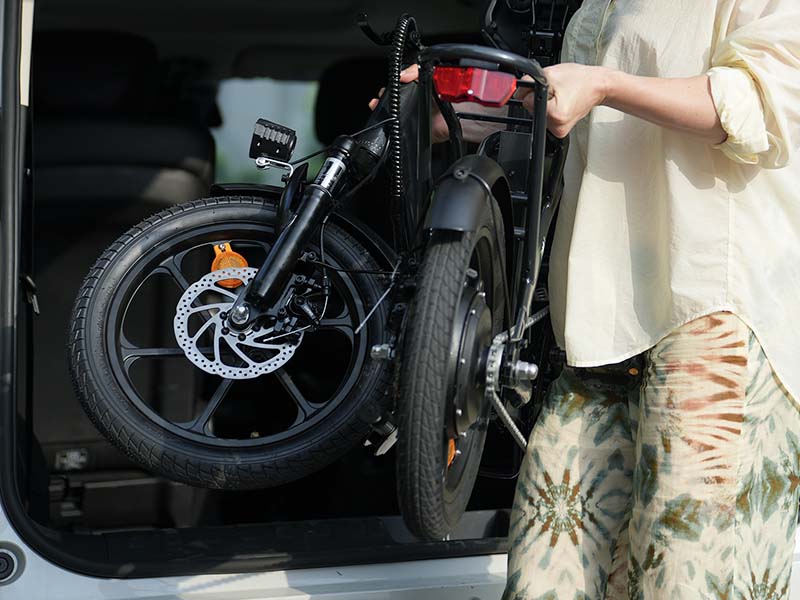










Article tags :
Leave us a message